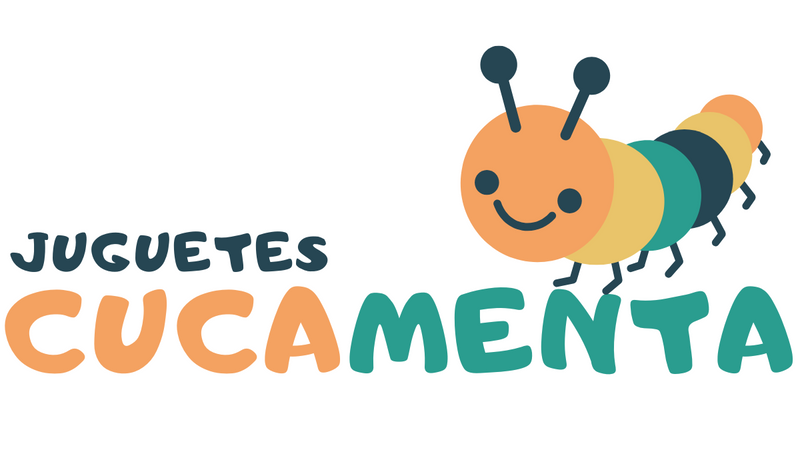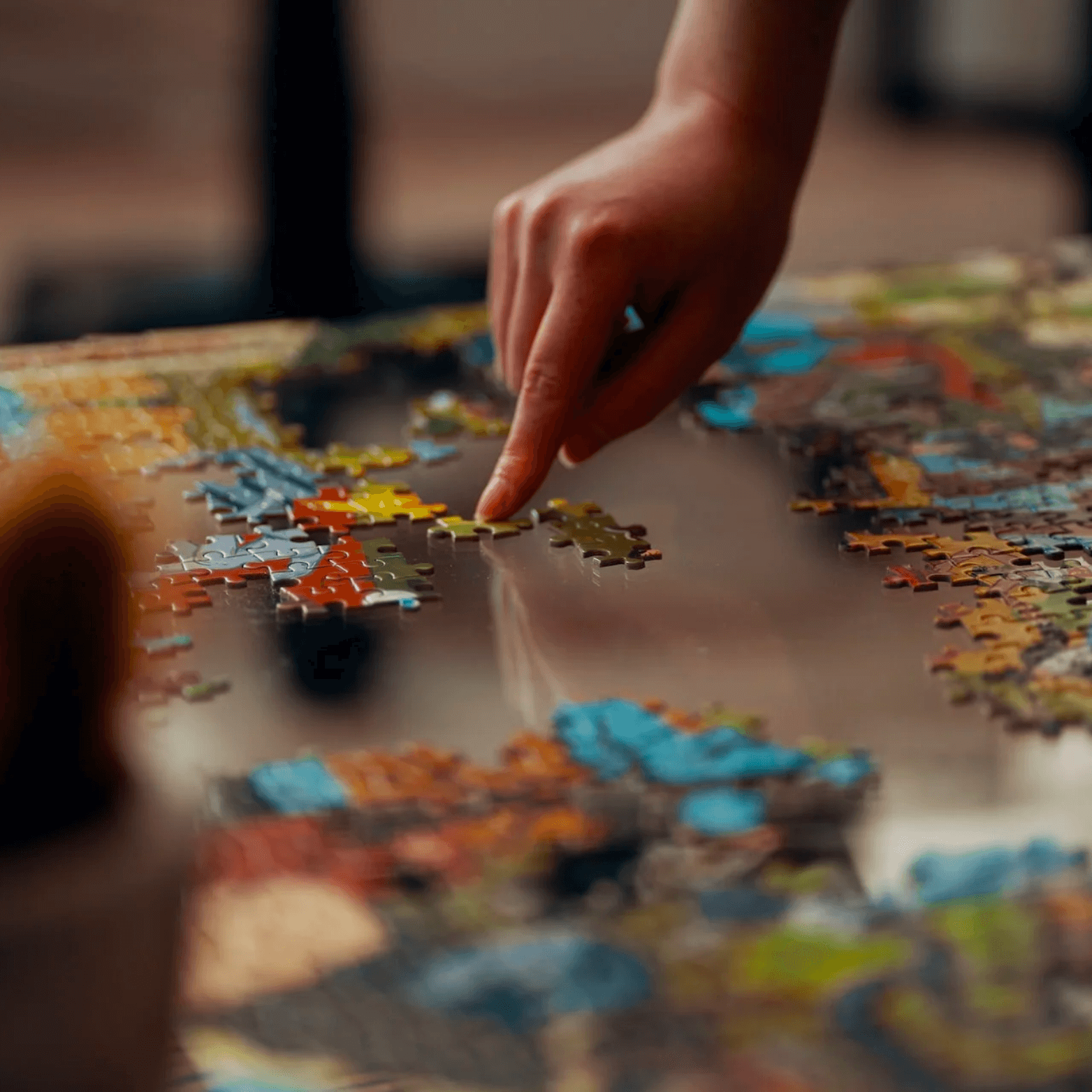You are about to know all the benefits of puzzles for children : science has explored the advantages for the development of the little ones of this type of game, which allows them to work on various skills at the same time in a really fun and attractive way. on a visual level.
Although they fit in a box, puzzles contain a piece of the world: they allow you to explore your taste for geography, photography, nature, the animal kingdom or geometry. Let's start with its origin.
Since when have puzzles existed?
We have to look back more than 350 years: the first puzzle made in the world dates back to 1760, and was created by a London cartographer named John Spilsbury. This expert cut out around country borders one of the maps of Europe he had created, made on a hardwood board.
His puzzle was used in Britain as an educational pastime for children to learn geography . Spilsbury also put on sale puzzles from the continents known so far, and also from England, Wales, Ireland and Scotland. More than a century later, at the beginning of the 20th century, the first artistic puzzles for adults appeared, as a recreational source of entertainment for high society and which were carefully cut by hand, converted into collectible jewels.
Recomposing the work of art was quite a challenge, since rather than fitting together, the pieces were placed next to each other. In the 20th century, many novelties appeared: knobs, figurative pieces, irregular edges or false corners. The unleashed passion for the puzzle was here to stay, and the materials were also democratized. Cardboard arrived, and during the American Great Depression, sales skyrocketed thanks to the "puzzle of the week" of which 10 million units were sold weekly.
7 benefits of puzzles for children

- They improve concentration: Child development experts estimate that a 3-year-old can concentrate on a task for 6 to 15 minutes, a 4-year-old for 8 to 20 minutes, and so on. The puzzle is an excellent tool to stimulate your concentration muscle. Choose puzzles adapted to their age so as not to increase their frustration.
- They acquire spatial awareness: An American study determines that children aged 2 to 4 who spend more time on puzzles have greater spatial skills than those who do not. Spatial awareness is a complex cognitive ability, which determines our relationship with the objects around us and the relative position between objects. It includes concepts such as direction, distance, and location and is essential to complete various tasks.
- They help learn letters and numbers, and recognize geometric shapes : Among the benefits of puzzles for children, jigsaw puzzles help them distinguish between geometric shapes and unique contours. At older ages, they help you learn about topics of interest and become familiar with concepts of botany, zoology, maps, dinosaurs, the human body or planets , for example.
- Develop fine motor skills: Babies and younger children need to develop their fine motor skills, the skill by which a human being can make movements using the small muscles of the hands and wrists such as sewing a button, writing or cooking. The grips and movements when playing with a puzzle - pinching with index finger and thumb - are crucial for holding the pencil and other future tasks.
- They work on hand-eye coordination: Thanks to puzzles, the eyes and hands work together, a crucial coordination for learning to write. Picking up the pieces and having to put them in their place is the best training for this skill, also called eye-motor or visual-motor coordination.
- They improve problem solving : Puzzles improve children's cognitive flexibility, and expand their range of problem-solving strategies. To put the pieces together, higher-order brain areas are activated, such as those related to organization, planning and sequencing tasks. Logical thinking is worked on, since the child must analyze the possible ways to fit a piece together.


0 comments